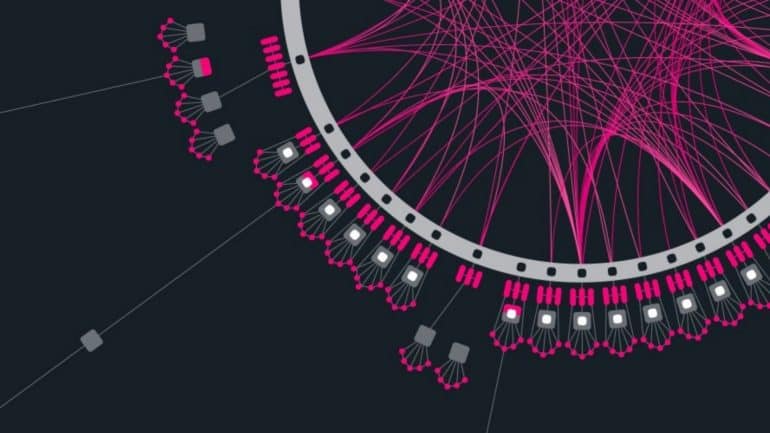- Polkadot has launched a cross-chain communication solution, dubbed XCM, with NFT capabilities. How is this likely to influence the market?
Polkadot has launched a cross-consensus messaging (XCM), a new messaging system which permits communication across multiple parachains. Also, XCM enables the cross-chain transfer of assets like NFTs. One of the advantages of XCM is that it can facilitate communication between parachains, smart contracts, and Substrate runtime modules. Also, XCM allows all chains in the network to use Polkadot’s central hub. In addition, this means that Parachains can now move assets, tokens, and data between themselves using XCM. In essence, this means that the Polkadot ecosystem is now fully interoperable.
While the other bridge techniques introduce the weakest-link problem, messages sent across the Relay Chain of an XCM channel are get protection at an equal level. Statemint, Polkadot’s common good parachain, has also improved as a result of this upgrade. Consequently, nodes may now create NFTs, move them between chains, and track them as they move from chain to chain. NFTs have hitherto been constrained to their own chains, but this opens up a whole new universe of possibilities.
Centrifuge, a project that aims to provide financing without using banks is among the beneficiaries of the Statemint upgrade. With Centrifuge, NFTs will serve as collateral to secure mortgages in the future. In another instance, users will soon be able to utilize tokens from one parachain in applications from another parachain, thanks to Moonbeam’s project, which is currently undergoing tests.
What does the future hold for XCM?
A benefit of XCMP is eliminating the requirement to hold messages on the relay chain to send them between parachains. As a result, the process will be easier to scale and no longer necessitate a governance mechanism specific to each chain.
Blockchain technology has faced the problem of requiring teams to work in detached environments, which has hampered development and reduced the scalability of individual projects.
The disappearance of “blockchain silos” means that developers throughout the entire sector will be able to share ideas more readily. Consequently, this will result in a faster deployment of new technologies. Additionally, future advances will enable message delivery to any chain capable of decoding messages and scaling, including Ethereum and Bitcoin.
Hoon Kim, chief technical officer of Astar, said: “With XCM, we have a stable and reliable inter-chain messaging channel that is far superior to the fragmented bridges.” On the other hand, Eliott Teissonniere, chief technical officer of Nodle, said “XCM allows us to leverage the unique features from our parachain partners without having to reinvent the wheel in the most secure manner possible.”
Background Information on XCM
XCM has undergone a thorough audit and has passed a Kusama test. Polkadot and Kusama both use Substrate’s forkless upgrading technique. On-chain governance means that the chain’s business logic can be modified.
Sending an XCM message instructing the Relay Chain to open the channel and informing the distant chain of the request is how parachains open channels with other parachains.




